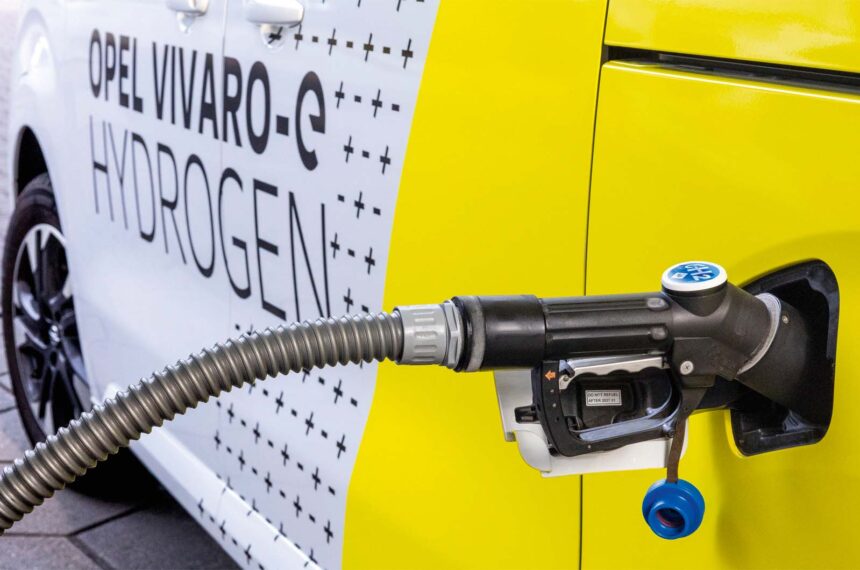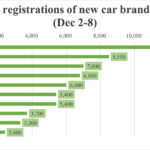Renault is not the only automaker venturing into the world of hydrogen fuel cell technology. Stellantis, the parent company of Opel and Vauxhall, is also making strides in this area with the introduction of the Opel/Vauxhall Vivaro Hydrogen and Movano Hydrogen vans. These vehicles, along with the Hyvia van from Renault, are equipped with hydrogen fuel cells and offer an alternative to traditional gasoline-powered vehicles.
The Opel/Vauxhall Vivaro Hydrogen boasts a range of 248 miles and is powered by a combination of a 45kW hydrogen fuel cell and a 10.5kWh lithium-ion battery. With three underfloor tanks capable of storing up to 4.4kg of compressed hydrogen, the Vivaro is propelled by a 134bhp electric drive motor. On the other hand, the Movano Hydrogen offers a range of 310 miles and is equipped with a 148bhp electric motor and an 11kWh lithium-ion battery.
Stellantis has plans to introduce a total of eight hydrogen fuel cell versions of mid-size vans under its various brands, including Opel/Vauxhall, Citroën, Fiat, and Peugeot. This move reflects the company’s commitment to sustainable transportation and reducing emissions.
Hydrogen fuel cell technology has been a focus for Stellantis (formerly known as General Motors) for over two decades. The company’s early experiments with hydrogen fuel cells date back to the 1960s with the development of the Electrovan. In 2000, Opel unveiled the Zafira HydroGen1, which utilized liquid hydrogen storage. The goal has always been to create fuel cell systems that can deliver steady electrical energy, although challenges remain in terms of providing quick bursts of power for acceleration.
Despite the initial hurdles, automakers like Stellantis are investing heavily in hydrogen fuel cell technology as part of a long-term strategy to reduce emissions and promote sustainability in the automotive industry. With advancements in infrastructure and technology, hydrogen fuel cell vehicles are poised to play a significant role in the future of transportation.







